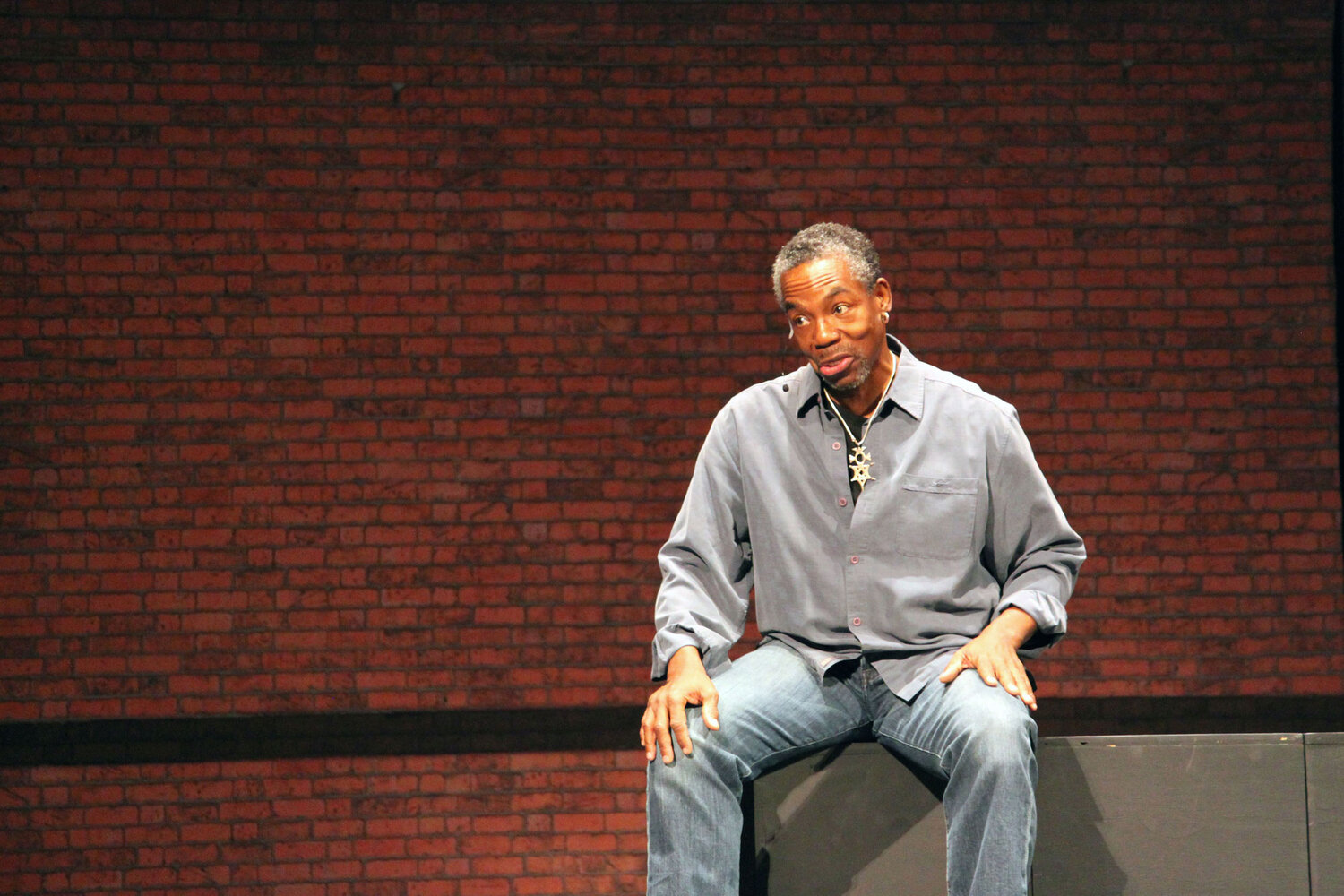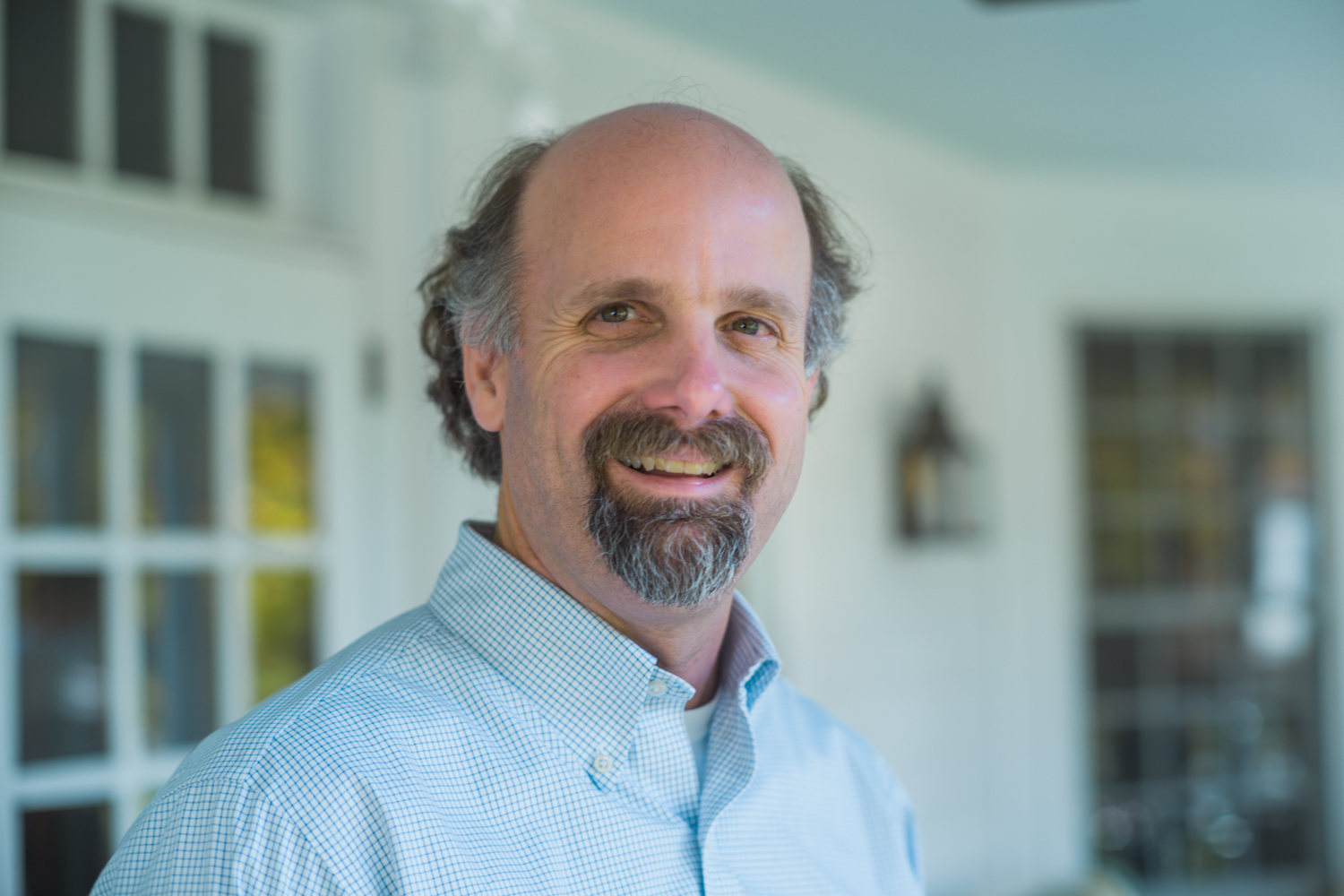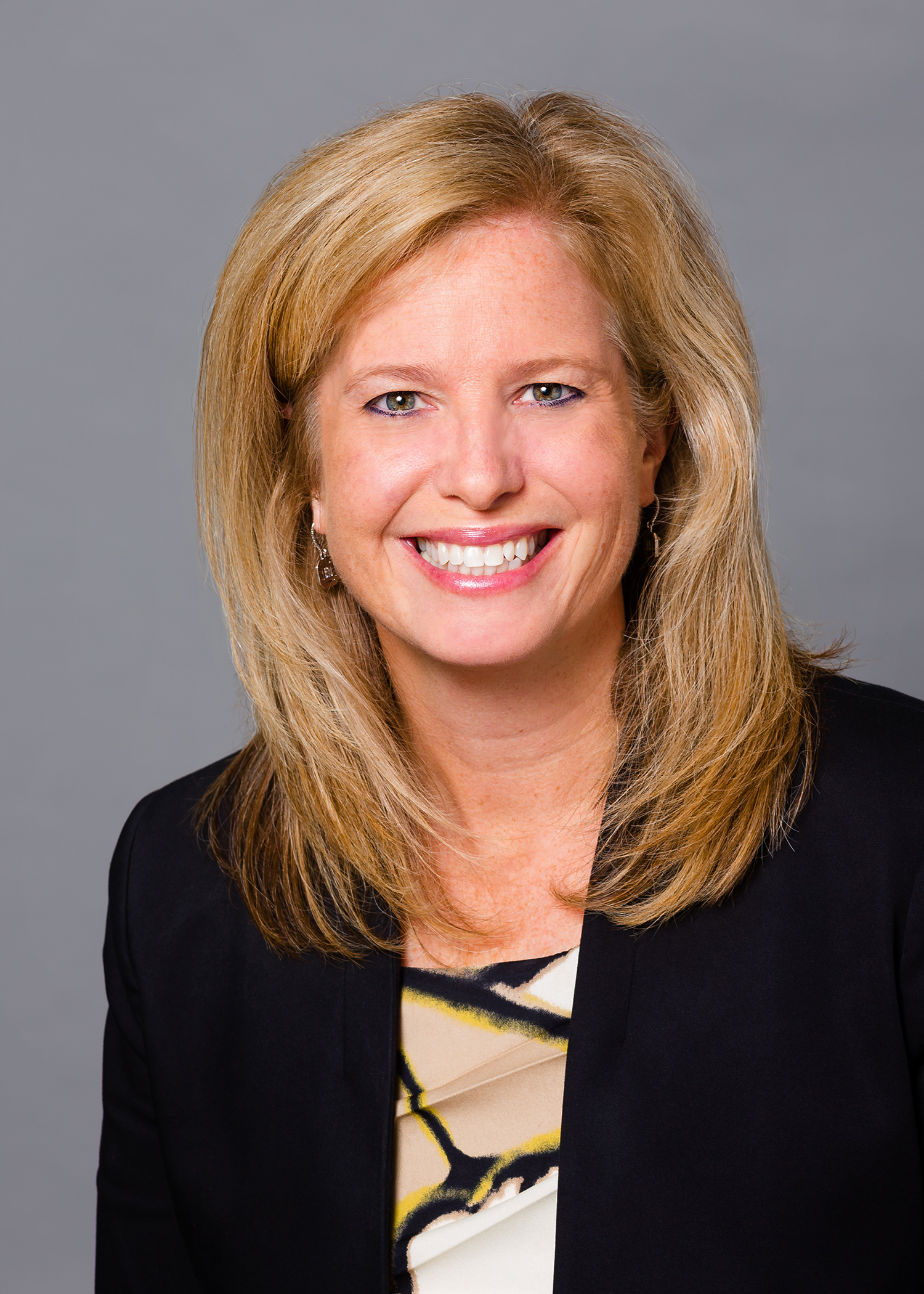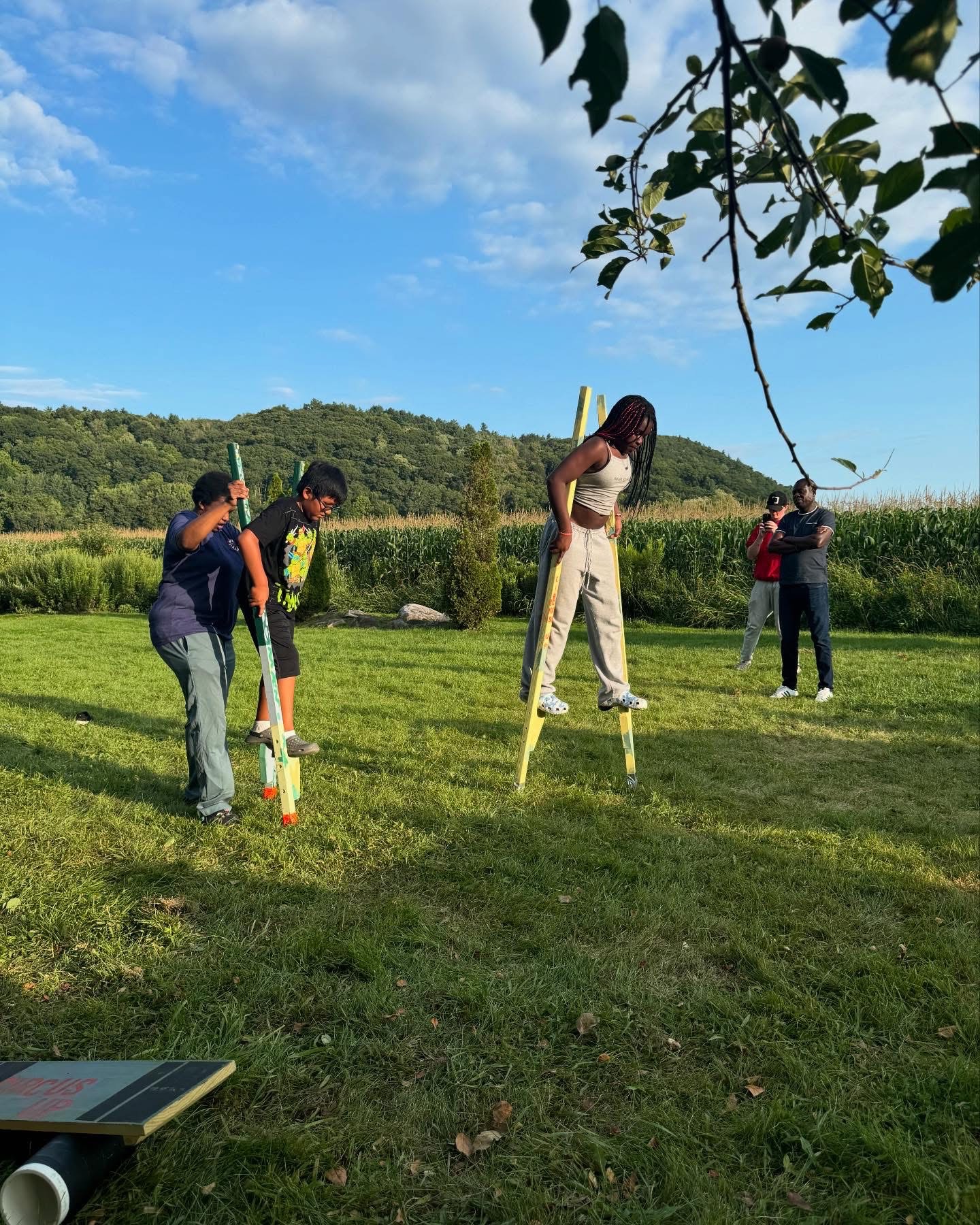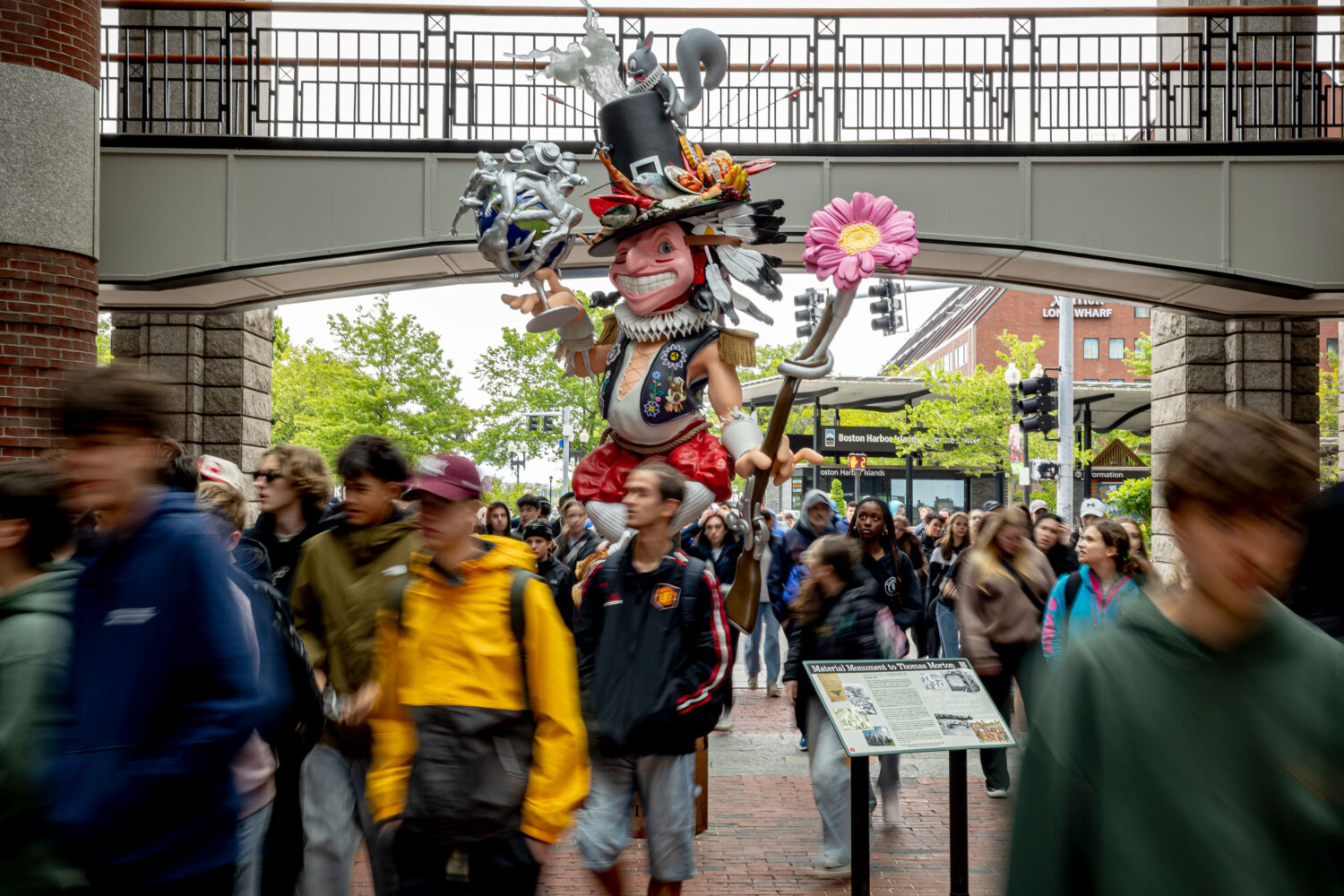LeLand Gantt’s performance of Rhapsody in Black was an entry point for people in an overwhelmingly White region to talk about race. This compelling one-man show exploring racism, identity, and self-image was presented virtually in 2021 through a Berkshires community collaboration.
Clinton Church Restoration is revitalizing a historic Black church as an African American cultural center rooted in the life and legacy of civil rights pioneer W.E.B. Du Bois, whose hometown was Great Barrington. This relatively young nonprofit partnered to host Rhapsody in Black with Mahaiwe Performing Arts Center, a Great Barrington institution dating to 1904 that is making strides to engage a broader audience with work that fuels community interaction and dialogue.
“LeLand’s art gave us a great vehicle to talk about a difficult subject, racism, in a place where many audience members don’t think about racism on a daily basis, but where people of color face racism every day,” said Dr. Frances Jones-Sneed, a Clinton Church Restoration board member and African American heritage scholar.
Jones-Sneed moderated a post-performance online conversation with more than 50 people. “LeLand brings his own story, and in that story, his comedy and misery and whole range of emotions,” she reflected. “People can empathize with it. That’s what art does, it can show you another view.”
Across the state, an art-infused growing and gathering space is taking form at one of Gloucester’s public housing developments. The process of envisioning this “agriCulture” site, slated to open this fall and serve the diverse population of the Willowood housing complex, is already benefiting residents. Four teens received stipends and training in the summer of 2021 to invite neighbors to express hopes for their community and imagine uses of vacant land adjacent to the community garden operated by Backyard Growers, the nonprofit guiding this project with architect and public artist Claudia Paraschiv. Participants envisioned a place that would connect food, art, and people, with aesthetics that would be a source of pride and shared identity for all. The process involved community gatherings and input sessions that energized Willowood.

“Our goal was to revitalize this space to be reflective of, and inspired by, the community,” said Corinne Lippie, program director at Backyard Growers. A series of designs were put forward and residents weighed in with their top priorities. The approved plan features spaces for growing food and perennials, an outdoor stage for performances and workshops, including cooking classes, as well as children’s play and picnic areas, outdoor art, and more.
Backyard Growers is partnering with the Gloucester Housing Authority and the Greater Cape Ann Chamber of Commerce to support this resident-led effort. Projects like these respond to the ambitions that Massachusetts’ people hold for arts organizations.
A recent study from independent researchers at Slover Linett shows that 80 percent of state residents look to arts and culture organizations to support connection and learning. And 77 percent want arts and culture organizations to address social issues such as systemic racial injustice, income inequality, climate change, and political divisions.
We know that community-rooted arts organizations can be a wellspring of cultural understanding, supplying content and shared experiences that lead to individual insights, meaningful dialogue, and new collective possibilities.
For example, the Stockbridge-Munsee Band of Mohicans voiced its story of forced removal, genocide, loss of language and traditions, and resilience through a public exhibit titled, “The Mohican Journey: Homelands, History and Hope.” This multi-media exhibit attracted significant community-wide interest in fall 2021 and now tours area schools and community centers. It resulted from a year-long collaboration with the Stockbridge-Munsee community, Sheffield Historical Society, and the art department at Mount Everett Regional School.
In Lynn, a group of residents, business owners, and placemaking enthusiasts formed Beyond Walls, a nonprofit focused on large-scale works of public art downtown. A 2021 project, Taking Classroom to the Streets, provided about 300 area youth and their families with opportunities to create and relate to art in ways that spoke to history, culture, identity, and community.
These efforts, each supported by community foundation donors and program staff, illustrate the signal role that artists and arts organizations play in cities and towns throughout Massachusetts. That’s why, at a time of extreme polarization and eroding social cohesion, we invest in arts and culture to grow relationships and trust within communities. We value the change agents who are confronting racism and inequities, and striving for reconciliation over division, through artistic expression.
Art has unique power to help people and groups bridge differences and drive positive change. Community-minded individuals and enterprises across the public, private, and nonprofit sectors must do our part to encourage, fund, and bolster the efforts of artists and the organizations that present their work. Our cities and towns are hungry for the connections and understanding they can produce.
This blog post was originally published as an op-ed on April 14, 2022 by Commonwealth Magazine under the title: “Using Art to Address Social Issues”. It’s the first in a series of commentaries on arts in community authored by community foundation leaders who are partners in Barr’s Creative Commonwealth initiative.
